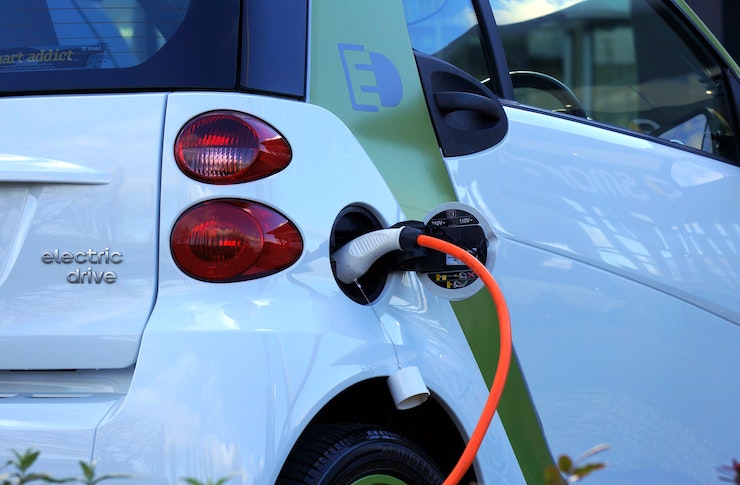Electric Car Chargers for Home: A Comprehensive Guide to Residential EV Charging Solutions
The transition to electric vehicles requires reliable home charging solutions. As more drivers switch to EVs, understanding residential charging options becomes crucial for maintaining convenience and maximizing vehicle performance. This comprehensive guide explores everything you need to know about installing and using electric car chargers at home, from basic requirements to advanced features.

Understanding Home EV Charging Basics
Home charging systems for electric vehicles come in different levels. Level 1 charging uses a standard household outlet (120V), while Level 2 charging requires a 240V connection, similar to what powers large appliances. Level 2 charging is the most popular choice for home installation, offering significantly faster charging speeds and better functionality for daily use.
Choosing the Right Level 2 EV Charger for Your Home
When selecting a Level 2 charger, several factors deserve consideration. The charging speed, measured in kilowatts (kW), typically ranges from 3.7kW to 22kW for residential units. Your choice should align with your vehicle’s charging capabilities and daily driving needs. Important features include smart charging capabilities, weather resistance, and cable length.
Professional Installation Requirements and Considerations
Home EV charger installation requires professional expertise to ensure safety and compliance with local regulations. An electrician will evaluate your home’s electrical capacity, install necessary circuit breakers, and ensure proper grounding. Some homes may need electrical panel upgrades to accommodate the additional power draw.
Smart Features and Connected Charging Solutions
Modern home EV chargers offer smart features that enhance the charging experience. These include smartphone apps for remote monitoring, scheduling capabilities to take advantage of off-peak electricity rates, and integration with home energy management systems. Some units also provide detailed charging history and energy consumption analytics.
Cost Considerations and Available Incentives
| Charger Type | Average Cost | Installation Cost | Total Investment |
|---|---|---|---|
| Basic Level 2 | £400-£800 | £300-£600 | £700-£1,400 |
| Smart Level 2 | £600-£1,200 | £400-£700 | £1,000-£1,900 |
| Premium Smart | £800-£1,500 | £500-£800 | £1,300-£2,300 |
Prices, rates, or cost estimates mentioned in this article are based on the latest available information but may change over time. Independent research is advised before making financial decisions.
Maximizing Home Charging Efficiency
To optimize your home charging setup, consider implementing a regular charging schedule during off-peak hours. This not only reduces electricity costs but also helps manage your home’s power consumption effectively. Additionally, proper maintenance of your charging equipment ensures longevity and reliable performance.
The investment in a home EV charging system provides convenience and long-term cost savings compared to public charging stations. While initial costs may seem significant, the combination of available incentives, reduced fueling costs, and increased property value makes residential EV charging an attractive solution for electric vehicle owners. Consider your specific needs, electrical infrastructure, and future requirements when selecting and installing a home charging system.




